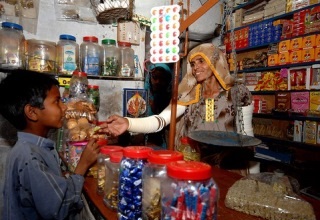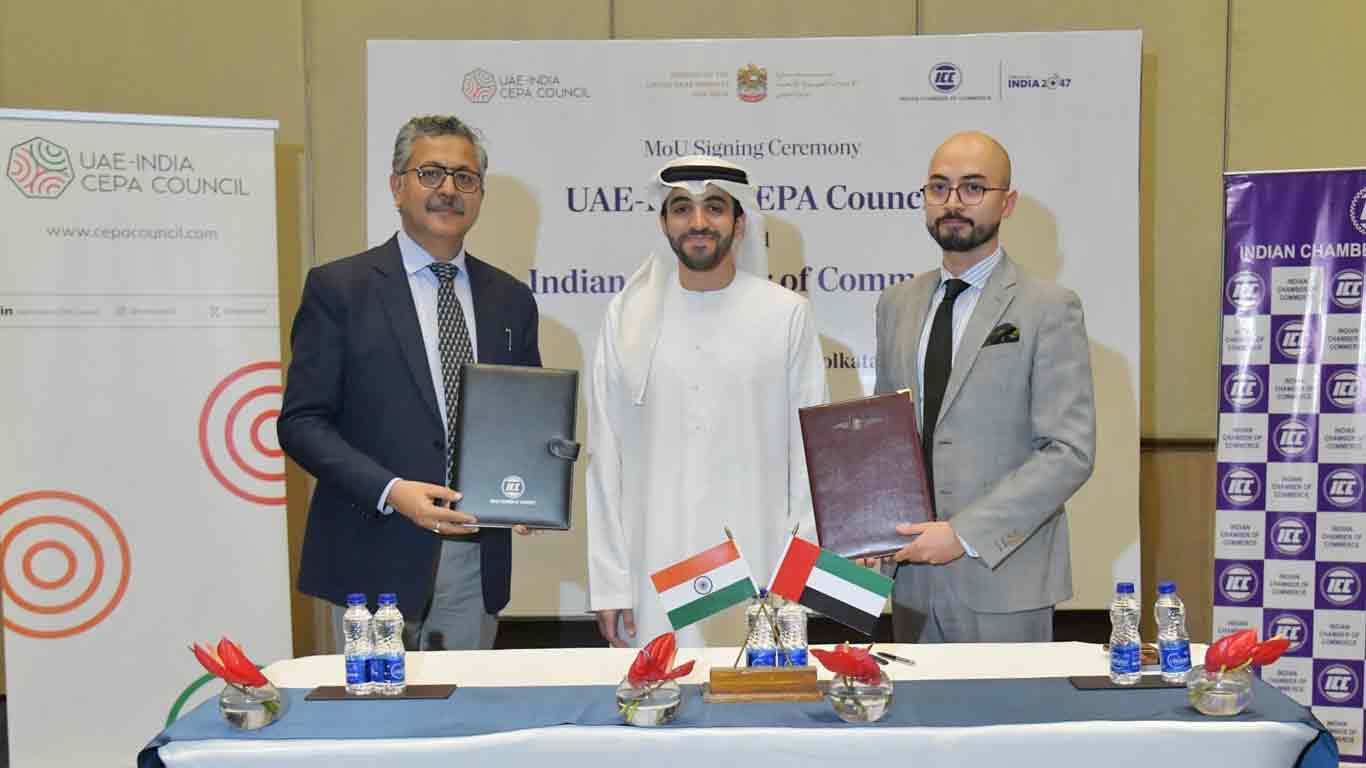India slips to 134th rank in ease of doing business
Updated: Sep 03, 2014 03:00:14pm

The report ranks India among the worst when it comes to taxation and inflation burden on economy. It has also considered the negative impact of crime, terrorism and health hazards on the business environment.
Other factors that contributed to India’s dismal performance, according to the report are the process for starting a business, dealing with construction permits, getting electricity, registering property, paying taxes, trading across the border, enforcing contracts and resolving insolvency.
Except for Bhutan and Afghanistan which ranked lower than India at 141 and 164 respectively, other South Asian countries ranked higher than India - Sri Lanka (85), Maldives (95), Nepal (105), Pakistan (110) and Bangladesh (130).
As far as the BRICS countries are concerned, Brazil ranked 116, Russia 92, China 96 and South Africa 41.
Singapore topped the global ranking on the ease of doing business. Joining it on the list of the top 10 economies with the most business-friendly regulatory environments are Hong Kong SAR, China, New Zealand, the United States, Denmark, Malaysia, Republic of Korea, Georgia, Norway and United Kingdom.
“Doing Business sheds light on how easy or difficult it is for a local entrepreneur to open and run a small to medium-size business when complying with relevant regulations. It measures and tracks changes in regulations affecting 11 areas in the life cycle of a business: starting a business, dealing with construction permits, getting electricity, registering property, getting credit, protecting investors, paying taxes, trading across borders, enforcing contracts, resolving insolvency and employing workers,” according to official data.
Significantly, the report identifies key areas for reform and also highlights areas of business regulation where some states have converged towards efficient systems.
This year’s report data cover regulations measured from June 2012 through May 2013. The report is the 11th edition of the Doing Business series.
In terms of regions, South Asia leads the world in the share of economies implementing business regulatory reforms in 2012/13. Six of eight economies in the region completed 11 reforms simplifying the process of starting a business, strengthening access to credit, or easing the process for paying taxes.
Sri Lanka was the regional leader in implementing regulatory reforms. In 2012/13, Sri Lanka’s government took steps to simplify access to electricity for firms, reduce fees in construction permitting, and implement electronic systems for filing taxes and paying for port services.
Afghanistan strengthened access to credit by implementing a unified collateral registry, and it reduced the time and cost to obtain a business license. Bhutan improved access to credit information by passing regulations that govern the licensing and operation of its credit bureau.
Bangladesh and Nepal made business start-up faster by reducing administrative processing time. Maldives made paying taxes easier by introducing electronic systems for filing corporate income taxes, sales taxes, and pension contributions.
Other findings of the report are that Ukraine, Rwanda, the Russian Federation, the Philippines, Kosovo, Djibouti, Cote d’Ivoire, Burundi, the former Yugoslav Republic of Macedonia and Guatemala are among the economies improving the most in 2012/13 in areas tracked by Doing Business.
Worldwide, 114 economies implemented 238 regulatory reforms in 2012/13 making it easier to do business as measured by Doing Business – 18 per cent more reforms than in the previous year.
Doing Business collected data for the first time this year in four economies of Libya, Myanmar, San Marino and South Sudan. (KNN/ES)











